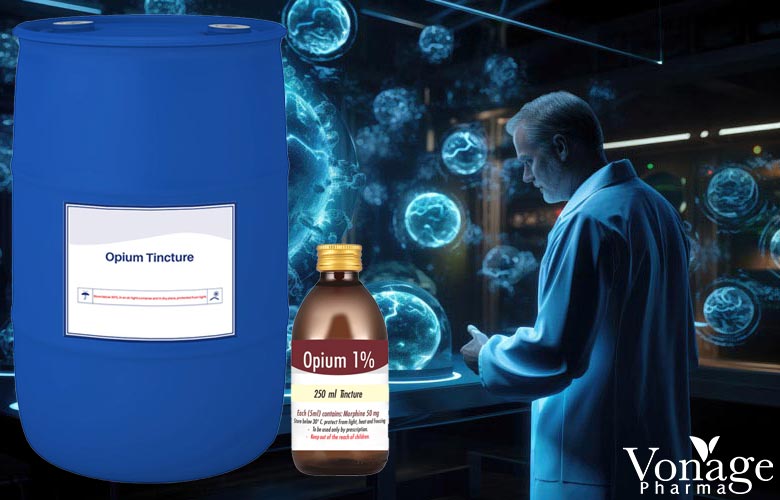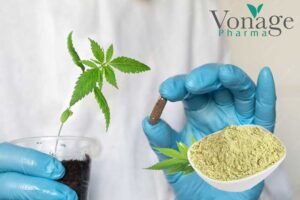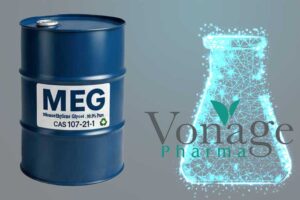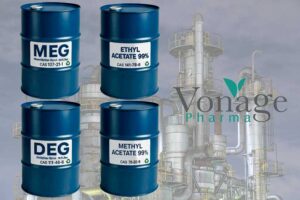The pharmaceutical industry is currently undergoing considerable disruption in the supply chain and manufacturing of active pharmaceutical ingredients (APIs) of key drugs e.g., Opium Medicine. Substantial global demand for medicinal opiate treatments, along with tenuousness in this supply chain requires pharmaceutical suppliers and producers to understand the developments occurring in relation to this and enter the new world of opioid demand brought on by an aging population, greater incidence of chronic illness, and greater acceptance of medication-assist treatment (MAT) with respect to treatment of opioid additional.
The rising significance of Opium Medicine APIs
Opium medication, which is obtained from opium poppy, continues to be a linchpin in the management of acute pain and opium dependence. Its derivatives morphine and codeine are essential for pain management, palliation, and substitution therapies for opioids. The world API market, which comprises opioids, is growing steadily with the help of technology and enhanced production capacities, as per IQVIA. India and China lead the domain of API manufacture with an estimated 50% of the world’s API production, primarily attributed to the low-cost advantages and well-established infrastructure. The over-reliance does entail risks for supply chain stability as discontinuities in the regions would have a long-term effect.
Supply Chain Issues and the Drive for Resilience
The COVID-19 pandemic had revealed vulnerabilities within world pharmaceutical supply chains, including for opium medicine APIs. Europe, for example, suffered from medicine shortages because of overdependence on Asian API producers and calls for reshoring medicines to enhance supply security ensued.
The objective of reshoring is to decrease dependency on imports, ensure quality control, and increase responsiveness to demand changes.
Nevertheless, API production reshoring is challenged by labor expense, capital expenditures, and regulatory intricacies.
API sources for pharmaceutical suppliers must be diversified. Working with reliable suppliers will help ensure supplies are not disrupted and keep a steady supply of opium medicines available.
Statistical Information about Opium-Based API Production
The size of the global market for opioids was over USD 25 billion in 2023 and is likely to expand at a compound growth rate of almost 4-5% up to 2030 with a growing need for pain management and substitution therapies for opioids (Opioids Market).
India generates almost 70% of its APIs with large dependence on China, which signifies the interdependence of leading producers (Biospectrum India).
The European Union is also actively putting capital into domestic API manufacturing with the likes of the penicillin API manufacturing capacity expansion in Austria and the French public-private partnerships intended for supply-risk reduction (Europarl).
The rigorous testing by the FDA of opium tinctures and other opioid APIs ensures the quality and purity of the material, establishing trust in regulated supply chains (FDA).
Vonage Pharma’s Involvement in Opium-Based Medicine API Supply
Vonage Pharma is a one-stop destination for a complete line of opium medicament products that cater to the rigorous requirements of pharmaceutical producers and health practitioners. The products we have include pharmaceutical-grade Opium Powder API, Opium Tincture 1%, and Opium Tincture 1% Bottle (250 mg), all of which are made under rigid GMP conditions for purity, consistency, and international standards compliance.
Vonage Pharma has an established supply chain and strict quality standards. This enables pharmaceutical suppliers to navigate global supply perils. And most importantly it guarantees uninterrupted access to lifesaving opioid therapies.
Emerging trends shaping opium medicine API markets
Innovations in API synthesis and purification lead to improved productivity and enhanced quality. These advancements also help manufacturers remain compliant while meeting demand.
Regulatory authorities, like the FDA, put in place strict testing on opioid APIs before the regulation. The reason for these tests is to ensure purity levels while maintaining legitimate supply chains.
The interest in sustainable or ethically sourced materials are reshaping the landscape of API manufacturing. Green or open supply chains are starting to become the norm before sourcing APIs.
The future prospects for Opium Medicine APIs
Pharmaceutical companies are diversifying their supply chains. They are creating alternative suppliers and looking to reshore supply chains to reduce reliance on a few markets. Cost vs. certainty for supply remains a key component for doing so. Supply chain resilience will nonetheless be a top priority, with reshoring and diversification initiatives picking up speed.
Pharmaceutical suppliers must remain aware of industry trends. Partnering with trusted API suppliers will support a steady flow of quality raw materials for opiate therapy medications. We focus on quality, compliance, and resilience in the supply chain. It helps us place ourselves as a trusted partner in a dynamic global healthcare marketplace.
Traditionally, the opium medicine API manufacturing landscape and supply chains are experiencing dramatic change. Supply concentration and geopolitical risks remain hampering the supply of medicines. Replication, new manufacturing technologies and strong manufacturing supervision and controls are offering an opportunity for a more stable environment. Vonage Pharma’s pharmaceutical-grade Opium Powder API and Opium Tincture product portfolio helps pharmaceutical suppliers successfully steer through such a transformation. The global partnerships of trust enable the supply of medications prescribed for opiate therapy. Developments within the industry will ensure that critical therapies are available for patients without disruptions.

